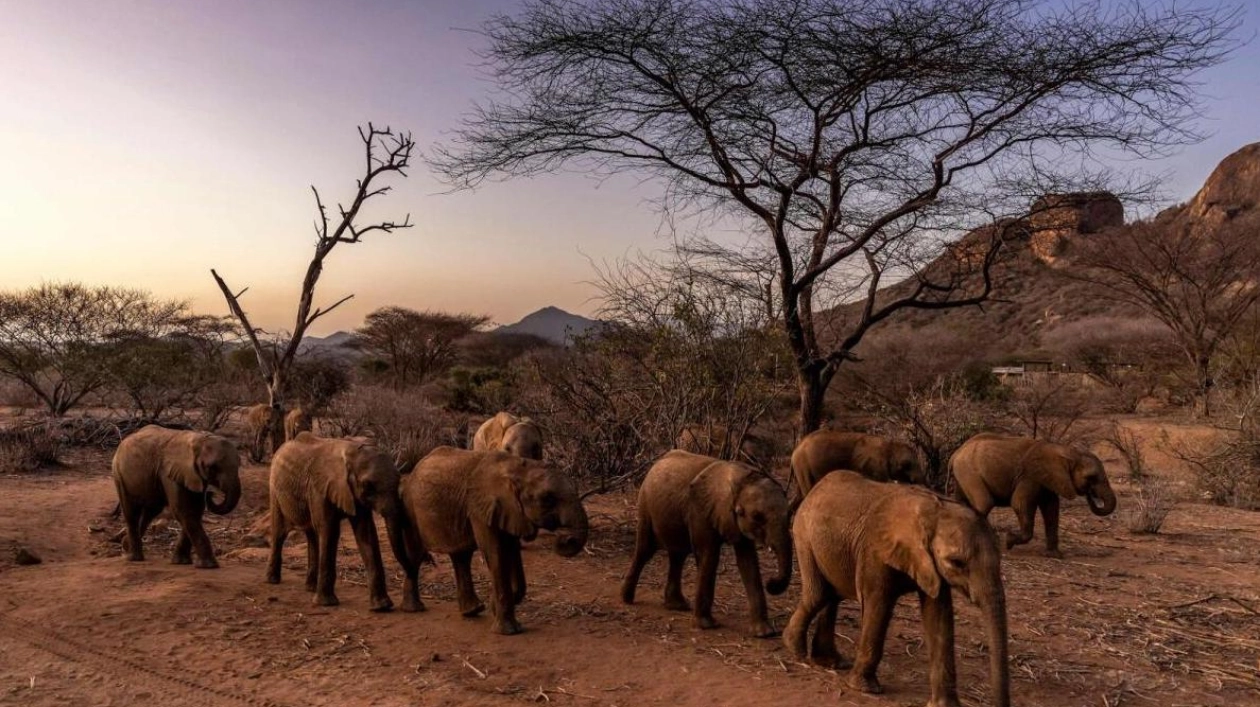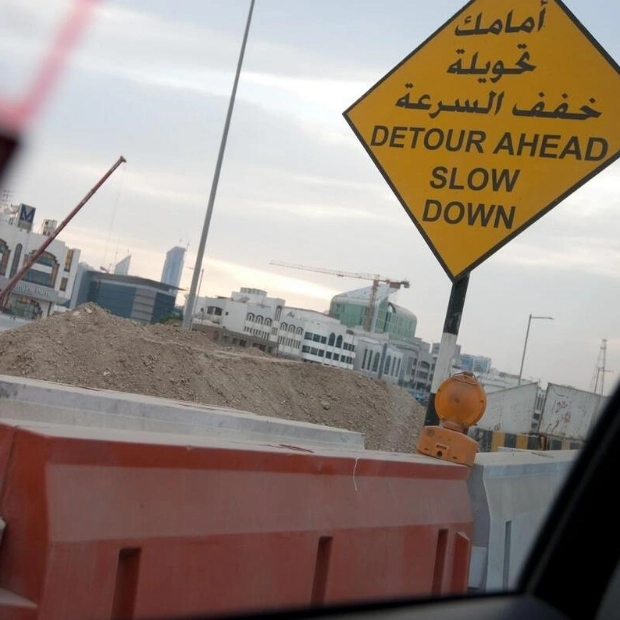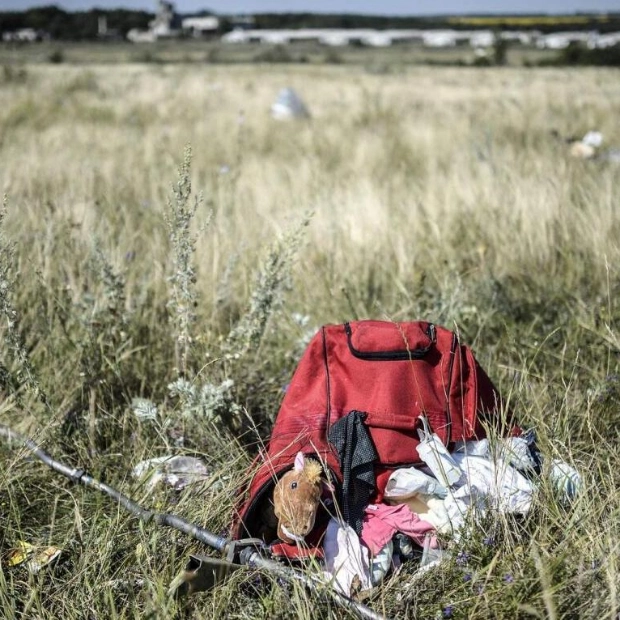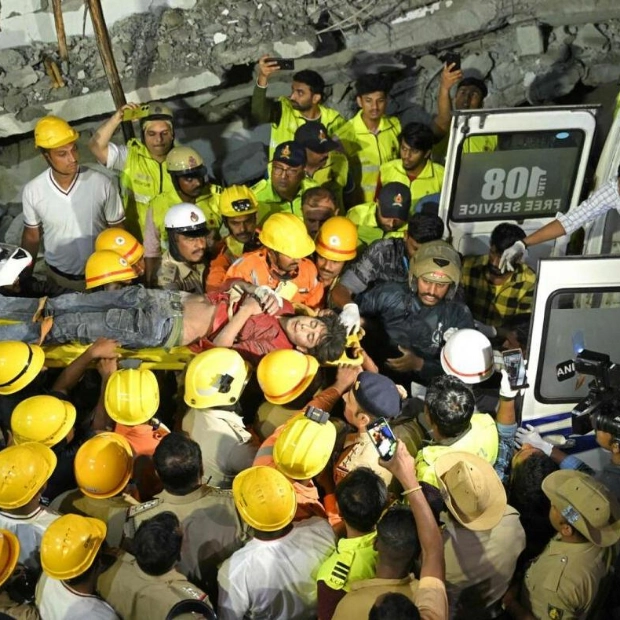Elephant calves follow their feeding routine early in the morning at Reteti Elephant Sanctuary in Namunyak Wildlife Conservancy, Samburu, Kenya, on October 13, 2022. — AFP
The hosts of the upcoming UN climate summit announced on Monday that a long-debated financial agreement for poorer countries must involve 'hundreds of billions' of dollars from wealthier governments. Almost 200 nations are expected to determine the annual financial flow from rich to poor countries at COP29 to aid in climate change adaptation. However, negotiations have seen minimal progress due to disagreements on who should contribute, the amount, and the framework of the agreement.
COP29 hosts Azerbaijan recently held a series of meetings with diplomats to advance discussions before the main summit begins on November 11. Yalchin Rafiyev, Azerbaijan's chief climate negotiator, noted that 'common messages' are emerging, including the overall financial target. He emphasized that the target needs to be ambitious, potentially in the trillions, with realistic mobilization in the hundreds of billions. The COP29 presidency reinforced this, stating that the call for hundreds of billions is a realistic goal for public sector direct provision and mobilization, covering the decade until 2035.
The current pledge of $100 billion annually, set to expire in 2025, is funded by industrialized nations like the United States, the European Union, Japan, and others. These countries, historically significant contributors to global warming, have agreed to continue funding climate finance. However, some face austerity measures and resist bearing the entire cost alone, advocating for other wealthy nations to share the burden. They propose a layered approach to the new finance deal, centering on government funds and supplemented by multilateral lenders and the private sector. Developing countries advocate for government grants to form the majority of climate finance in the new deal, arguing that loans exacerbate their debt issues.
A new draft agreement is anticipated soon and will serve as the foundation for the two-week COP29 negotiations in Baku, Azerbaijan's coastal capital. COP29 president Mukhtar Babayev acknowledged progress in narrowing options and identifying potential agreement areas but highlighted the remaining divides that parties need to address.






